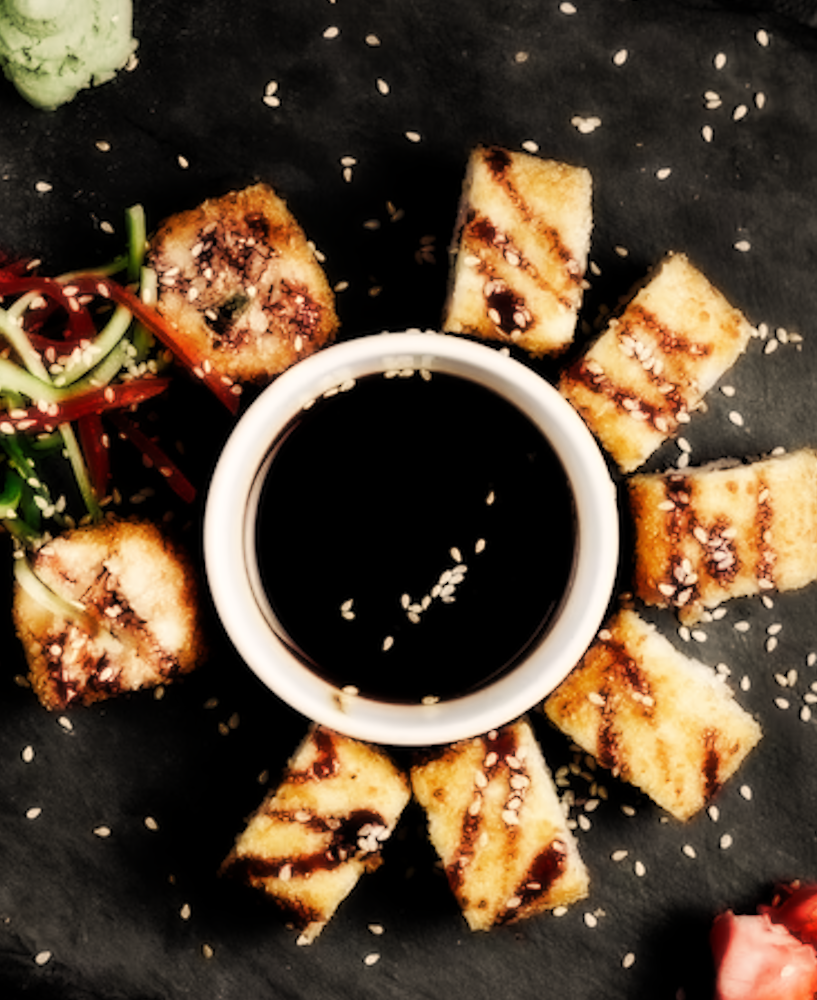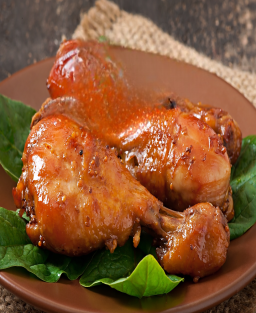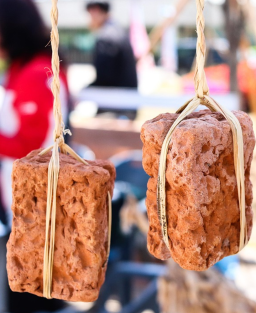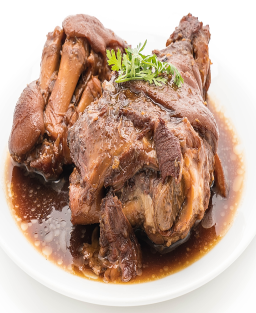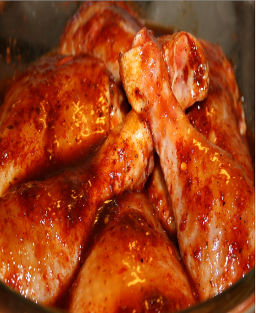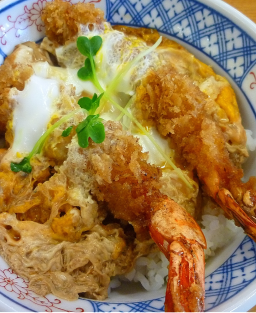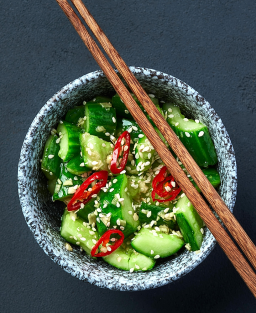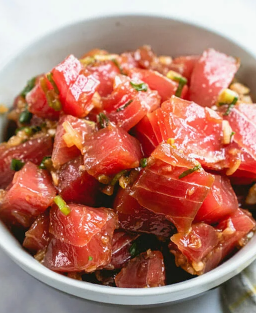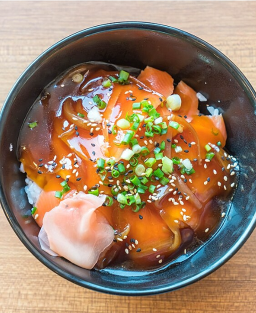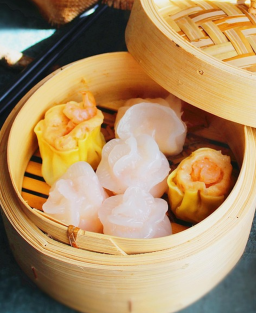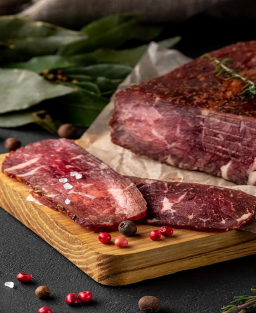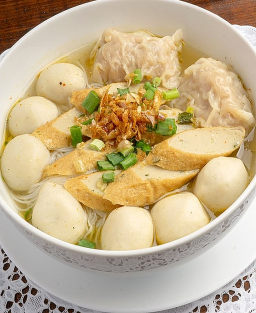- Out-of-Stock
Recette maison 100 % naturelle de La Sauce Tonkatsu Authentique Japonaise
100% Natural Homemade Recipe for Authentic Japanese Tonkatsu Sauce
History, Origins, and Culinary Uses
Origins and History of Tonkatsu Sauce
Tonkatsu sauce is a relatively modern Japanese creation that emerged in the late 19th century during the Meiji era (1868–1912). This period marks Japan’s opening to the West, with strong culinary influences from Europe and the United States. Tonkatsu—a breaded and fried pork cutlet—is part of this movement called yoshoku, meaning Japanese “Western-style” cuisine.
Worcestershire Inspiration
Tonkatsu sauce traces its roots to English Worcestershire sauce, a fermented, complex, and spiced sauce invented in 19th-century England. However, the original Worcestershire sauce, which is quite thin, tangy, and spicy, was deeply reinterpreted by the Japanese.
Japan created its own range of sauces called Usutā Sōsu (ウスターソース), a phonetic borrowing from Worcester Sauce. These sauces come in various textures and flavors tailored to the Japanese palate—generally sweeter, fruitier, thicker, and milder.
Different Types of Japanese "Worcestershire" Sauces
| Japanese Name | Description | Typical Use |
|---|---|---|
| ウスターソース (Usutā sōsu) | Thin, spicy sauce, close to English Worcestershire | Marinades, meat sauces |
| 中濃ソース (Chūnō sōsu) | Medium consistency sauce, sweeter and thicker | Everyday dishes, base for tonkatsu sauce |
| 濃厚ソース (Nōkō sōsu) | Very thick, very sweet | Okonomiyaki, yakisoba (stir-fried noodles) |
| とんかつソース (Tonkatsu sōsu) | Special tonkatsu sauce, rich, sweet, and fruity | Tonkatsu and breaded dishes |
Traditional Culinary Uses
Tonkatsu sauce is inseparable from the dish of the same name:
-
Tonkatsu: Breaded pork cutlet, crispy on the outside and tender inside. Generously coated with tonkatsu sauce, it offers balance and roundness with its blend of fruity sweetness, acidity, and umami.
It also accompanies other breaded dishes such as:
-
Tori katsu (breaded chicken)
-
Menchi katsu (breaded meat patties)
-
Korokke (croquettes)
Beyond breaded dishes, this fruity sauce can also be used as a condiment to enhance grilled vegetables or sandwiches in Japan.
What Tonkatsu Sauce Is Not
Contrary to popular belief, tonkatsu sauce does not come from an ancestral “grandma’s recipe.” It is a sauce born from the fusion of Western techniques and modern Japanese tastes. Originally created industrially, it was later widely adopted in households with local, natural ingredients.
100% Natural Homemade Tonkatsu Sauce Recipe
Inspired by Bull-Dog sauce, in an artisanal and wholesome version
Ingredients (about 250 ml)
-
1/2 Fuji apple (or another sweet variety), finely grated
-
1/2 sweet onion, finely grated
-
1 small carrot, grated
-
1 garlic clove, finely crushed
-
1 teaspoon fresh grated ginger
-
3 tablespoons natural tomato purée (homemade or good quality)
-
1 tablespoon umeboshi paste (Japanese salted plum) or 1 tablespoon rice vinegar + 1/4 teaspoon salt
-
2 tablespoons Japanese soy sauce (shōyu), naturally fermented
-
1 tablespoon quality mirin
-
2 tablespoons whole cane sugar (or organic brown sugar)
-
1/2 teaspoon ground cinnamon
-
1/4 teaspoon ground clove
-
A pinch of grated nutmeg
-
150 ml filtered water
-
1 tablespoon toasted sesame oil (optional, for a smoky touch)
Preparation
-
Prepare the fruit and vegetable base
Grate the apple, onion, carrot, garlic, and ginger. Press lightly to extract some juice. Place in a medium saucepan. -
Add liquids and spices
Add the tomato purée, umeboshi paste (or vinegar + salt), soy sauce, mirin, sugar, spices, and water. -
Slow cooking
Simmer uncovered over low heat, stirring regularly for 30 to 40 minutes. The sauce will thicken and flavors will blend. -
Finishing
Remove from heat. Blend the sauce until smooth and silky. For an even smoother texture, strain through a fine sieve (chinois). -
Sesame oil option
Add toasted sesame oil at the end for a subtle smoky note. -
Rest
Let cool, then refrigerate at least 2 hours before serving to fully develop the aromas.
Gastronomic Notes
-
Umeboshi paste adds a unique acidity and umami, typical of Japanese cuisine, replacing industrial Worcestershire sauce.
-
The spices (cinnamon, clove, nutmeg) add complexity without overpowering the fruity sweetness.
-
Slow cooking concentrates aromas, lightly caramelizing natural sugars.
-
The final texture is silky, perfect for coating crispy tonkatsu.
In Summary
Japanese tonkatsu sauce beautifully illustrates the adaptability of Japanese cuisine: a sauce inspired by the West, transformed and reinvented to please the Japanese palate—sweet, fruity, thick, and aromatic—that elevates tonkatsu and breaded dishes.
The 100% natural homemade version captures these qualities using raw, authentic ingredients for a flavorful sauce respectful of modern Japanese culinary traditions.
Homemade Tonkatsu Sauce – Three Complete Versions
1. Japanese Family Version (mild, simple, homemade flavor)
Ingredients (for approx. 200 ml):
-
1/2 grated apple
-
1/2 grated onion
-
1 grated garlic clove
-
1 tsp grated fresh ginger
-
3 tbsp tomato purée
-
2 tbsp Japanese soy sauce
-
2 tbsp brown sugar
-
2 tbsp rice vinegar
-
100 ml water
-
1/2 tsp salt
Preparation:
Simmer all ingredients gently for 20 minutes, then blend finely.
Result: mild, fruity, tangy — perfect for kids and everyday use.
2. Japanese “Bistro” or Yoshoku Restaurant Version (rich and balanced flavor)
Ingredients (for 200 ml):
-
1/2 grated apple
-
1/2 grated onion
-
1 grated garlic clove
-
1 tsp grated ginger
-
3 tbsp tomato purée
-
1 tbsp umeboshi paste
-
2 tbsp soy sauce
-
2 tbsp mirin
-
1 tbsp cane sugar
-
2 tbsp rice vinegar
-
1/4 tsp ground clove
-
Pinch of cinnamon
-
100 ml water
Preparation:
Simmer gently for 20–25 minutes, blend and strain.
Result: creamy, balanced sauce with sweet, spicy, and umami notes.
3. “Artisanal Industrial” Version (close to brands like Bull-Dog)
Ingredients (for 200 ml):
-
1/2 grated apple
-
1/2 grated onion
-
1/2 grated carrot
-
2 tbsp plum purée (or ground dried plum)
-
2 tbsp tomato purée
-
1 tbsp red miso paste
-
2 tbsp dark soy sauce
-
2 tbsp brown sugar
-
2 tbsp cider or rice vinegar
-
1 tsp fresh ginger
-
1 tsp cinnamon
-
1/2 tsp ground clove
-
150 ml water
Preparation:
Slow cook on low heat for 30 minutes. Blend very finely and strain.
Result: dense, complex sauce, very close to the taste of premium industrial sauces.











